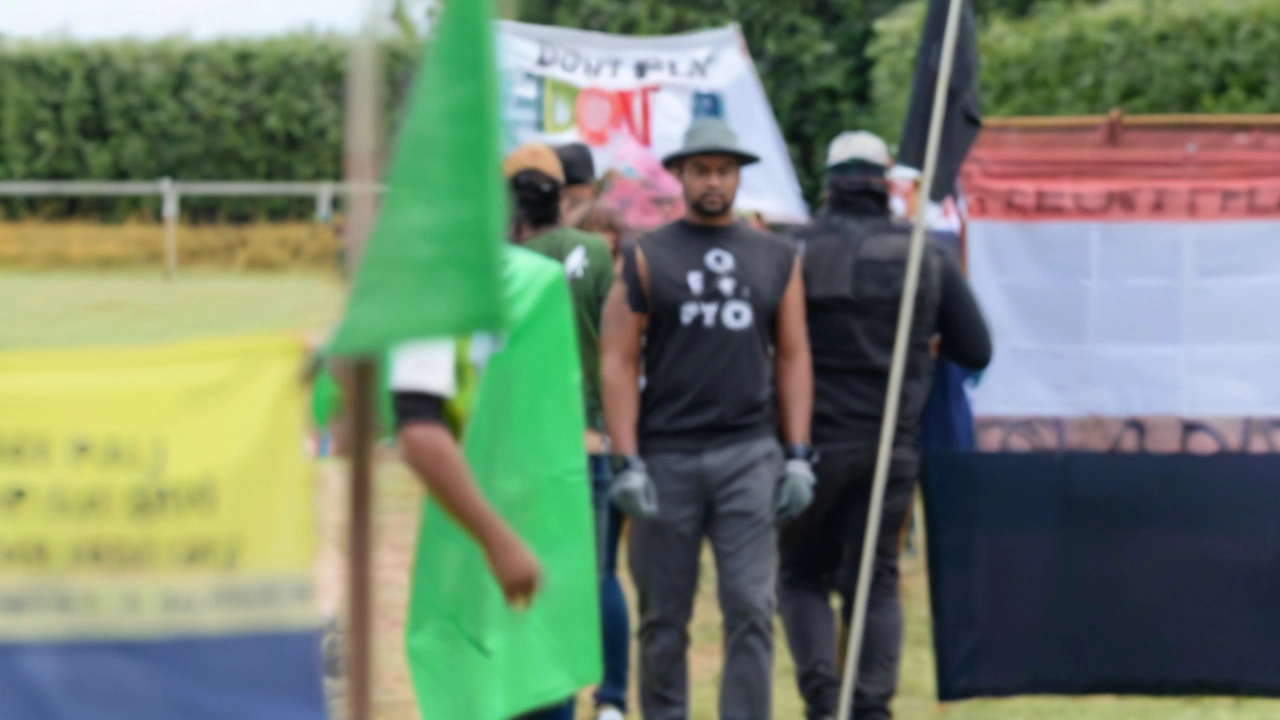Rivers State Governor Nyesom Wike has come under fire from social media influencer VeryDarkMan for his attempt to control the locations of public protests. VeryDarkMan argues that this undermines citizens' constitutional right to assemble peacefully. He also highlighted instances of violent dispersals by state security forces, calling for greater government accountability and respect for civil liberties.
Freedom of Assembly: The Basics You Need to Know
When you hear the phrase “freedom of assembly,” think of people gathering in parks, streets, or stadiums to share a message. It’s a simple idea that lets citizens meet, protest, or celebrate without fear of being stopped.
This right isn’t just a nice‑to‑have; it’s written into many national constitutions and international agreements. In South Africa, for example, the Bill of Rights guarantees the freedom to assemble peacefully. Across the world, similar clauses protect gatherings, as long as they stay non‑violent.
Why the Right Is Important
Freedom of assembly lets citizens hold those in power accountable. Think about historic moments – the fall of apartheid, the Arab Spring, or a local community rally for clean water. Those events started with a handful of people meeting up and speaking out. Without the legal protection to gather, those movements could be shut down before they even begin.
Beyond politics, the right fuels social life. Concerts, sports fans cheering, cultural festivals – all rely on people being able to come together. When the government respects the rule, everyone benefits from a vibrant, open society.
How It Works in Practice
Most countries require organizers to give notice before a large protest. That’s not about stopping the protest; it’s about safety – letting police plan crowd control, traffic detours, and medical support. Problems arise when authorities use vague rules to block gatherings. If a permit is denied, organizers can often appeal in court.
Recent news shows the tension. In the UK, fans of Manchester United topped the list for football‑related arrests, sparking debate about whether police over‑reacted to a passionate crowd. In South Africa, a stadium incident highlighted how quickly a peaceful gathering can turn into a headline about safety concerns. Those stories remind us that while the right is protected, it’s also constantly tested.
So, what can you do if you want to organize a rally? First, check local laws for notice periods and any required insurance. Second, keep the event peaceful – no violence, no property damage. Third, stay transparent with authorities; most will cooperate if they know you’re serious about safety.
Remember, freedom of assembly isn’t just a legal term – it’s a daily practice. Whether you’re joining a march, a community clean‑up, or a sports fan club, you’re exercising a core democratic right. Protect it by staying informed, following the rules, and standing up when those rules are used to silence you.
